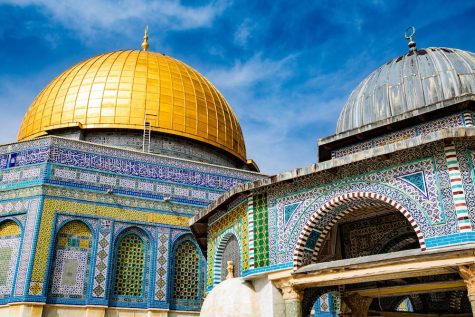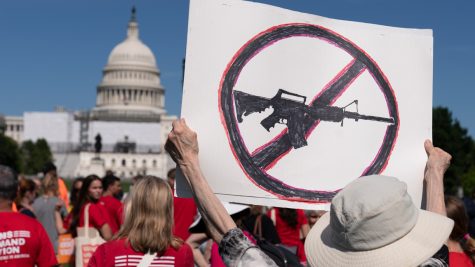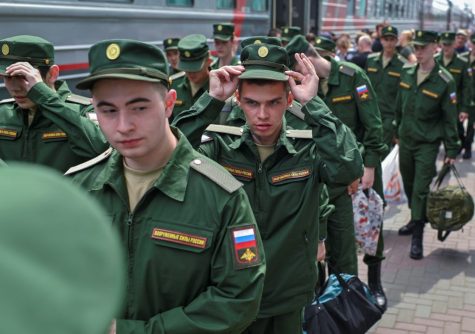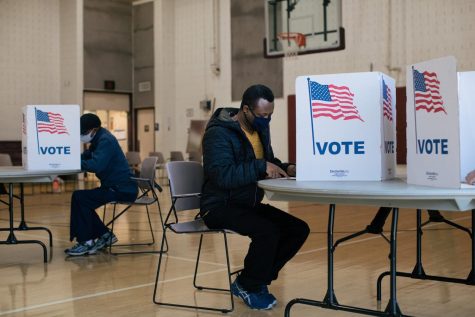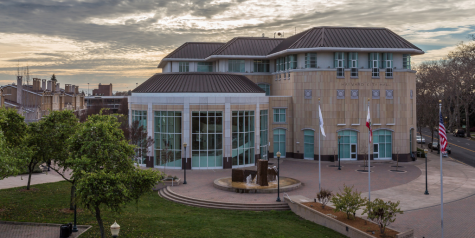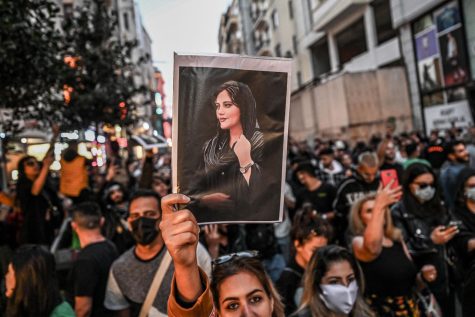Trump Tracker: Pioneer updates on America’s president
February 1, 2017
- What Happened?
On Friday President Donald J. Trump signed 14 executive orders immediately following his inauguration ceremony. One of the orders banned immigration from seven countries. Here’s what this means:
According to the order, it puts a ban on immigration for seven countries over the next 120 days. The countries included in the order are Iran, Iraq, Libya, Somalia, Sudan, Syria and Yemen. Protests broke out all over the country on Sunday including Oakland and San Francisco International Airports in the Bay Area, according to airport officials.
Thousands of protesters and even lawyers flooded the airports to offer support and legal help for those affected by the ban. Five international travellers were detained and not allowed to enter San Francisco International Airport but were eventually cleared and cheered by the crowd of thousands as they deboarded the plane.
Cal State East Bay has 23 students from those countries: 19 from Iran, two from Yemen, one from Somalia and one from Iraq, according to CSUEB Executive Director of International Programs, Raymond P. Wallace. He further told The Pioneer all of these students are here through student visas, and “I assume that students in this group will defer travel until such time as the implications of the new policy are clear.”
CSU Chancellor Timothy P. White, California State Student Association President David Lopez, Academic Senate of the California State University Chair Christine Miller and all 23 campus presidents, including CSUEB President Leroy M. Morishita, issued a unified statement about the travel ban on Monday afternoon.
“We are deeply troubled by President Trump’s recent executive order that stands in stark contrast to the fundamental tenets of the California State University,” according to the statement. “Therefore, we oppose the divisiveness of the recent executive order, and we stand with state and national officials in requesting that the President reconsider this policy.”
According to Los Angeles-based attorney Susan Hwang, she was one of more than a dozen lawyers at SFO on Sunday in response to the International Refugee Assistance Project, who asked attorneys to help immigrants being detained at airports across the country through various internet outlets. According to IRAP, the organization unites and mobilizes law students and lawyers to help refugees and displaced people who come into situations that require legal representation, like this immigration ban.
According to Hwang, several people were detained for several hours with little or no information about why.
“These people are being detained based on religion,” Hwang said. “That is unconstitutional.”








